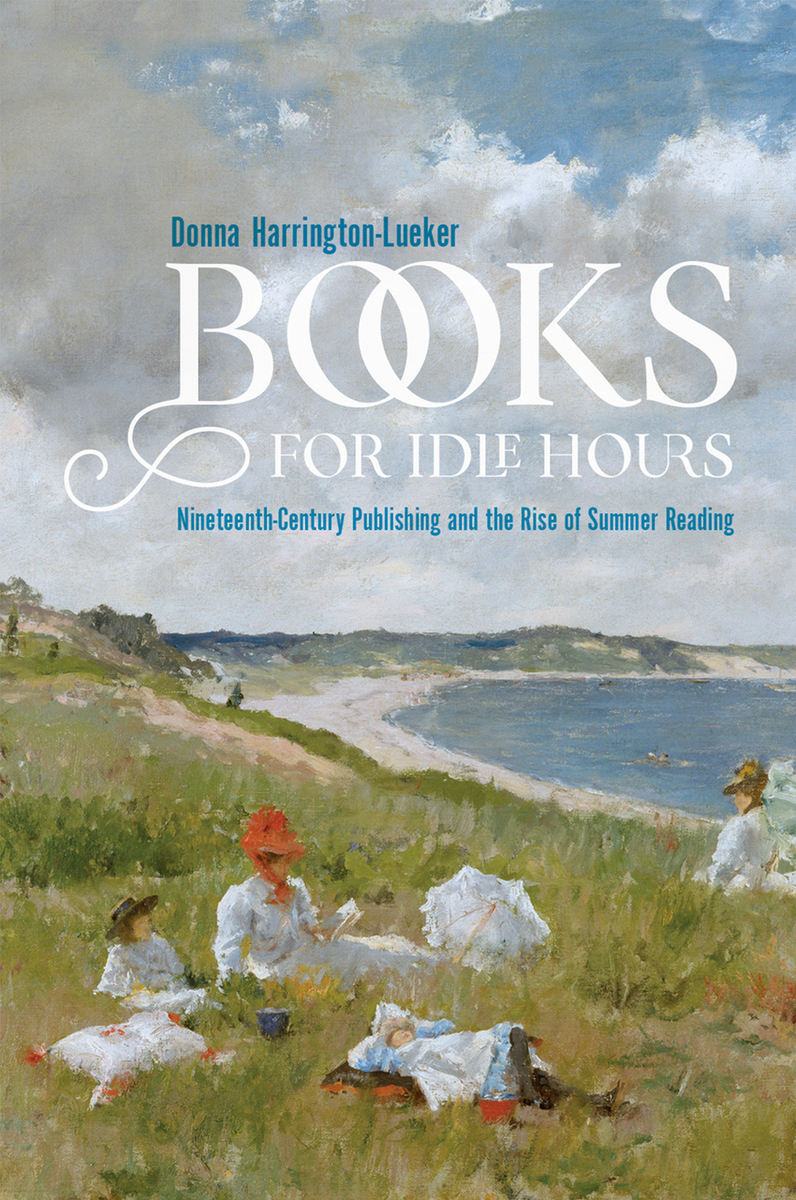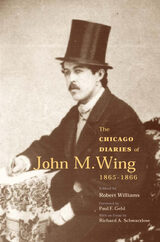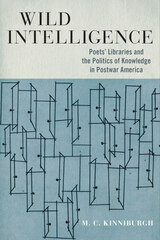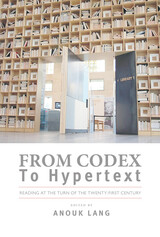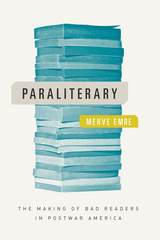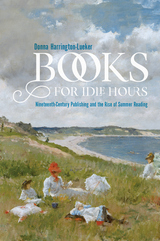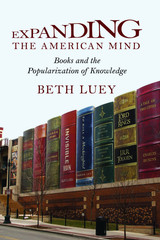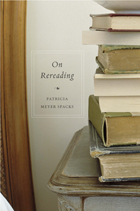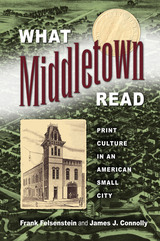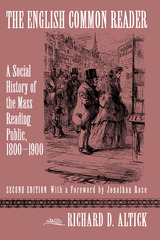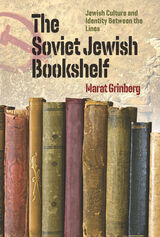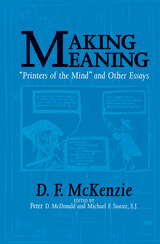Books for Idle Hours: Nineteenth-Century Publishing and the Rise of Summer Reading
University of Massachusetts Press, 2019
eISBN: 978-1-61376-631-6 | Cloth: 978-1-62534-382-6 | Paper: 978-1-62534-383-3
Library of Congress Classification Z1003.2.H367 2019
Dewey Decimal Classification 028.9097309034
eISBN: 978-1-61376-631-6 | Cloth: 978-1-62534-382-6 | Paper: 978-1-62534-383-3
Library of Congress Classification Z1003.2.H367 2019
Dewey Decimal Classification 028.9097309034
ABOUT THIS BOOK | AUTHOR BIOGRAPHY | REVIEWS
ABOUT THIS BOOK
The publishing phenomenon of summer reading, often focused on novels set in vacation destinations, started in the nineteenth century, as both print culture and tourist culture expanded in the United States. As an emerging middle class increasingly embraced summer leisure as a marker of social status, book publishers sought new market opportunities, authors discovered a growing readership, and more readers indulged in lighter fare.
Drawing on publishing records, book reviews, readers' diaries, and popular novels of the period, Donna Harrington-Lueker explores the beginning of summer reading and the backlash against it. Countering fears about the dangers of leisurely reading—especially for young women—publishers framed summer reading not as a disreputable habit but as a respectable pastime and welcome respite. Books for Idle Hours sheds new light on an ongoing seasonal publishing tradition.
Drawing on publishing records, book reviews, readers' diaries, and popular novels of the period, Donna Harrington-Lueker explores the beginning of summer reading and the backlash against it. Countering fears about the dangers of leisurely reading—especially for young women—publishers framed summer reading not as a disreputable habit but as a respectable pastime and welcome respite. Books for Idle Hours sheds new light on an ongoing seasonal publishing tradition.
See other books on: Books and reading | Leisure | Publishers and publishing | Rise | Tourism
See other titles from University of Massachusetts Press
